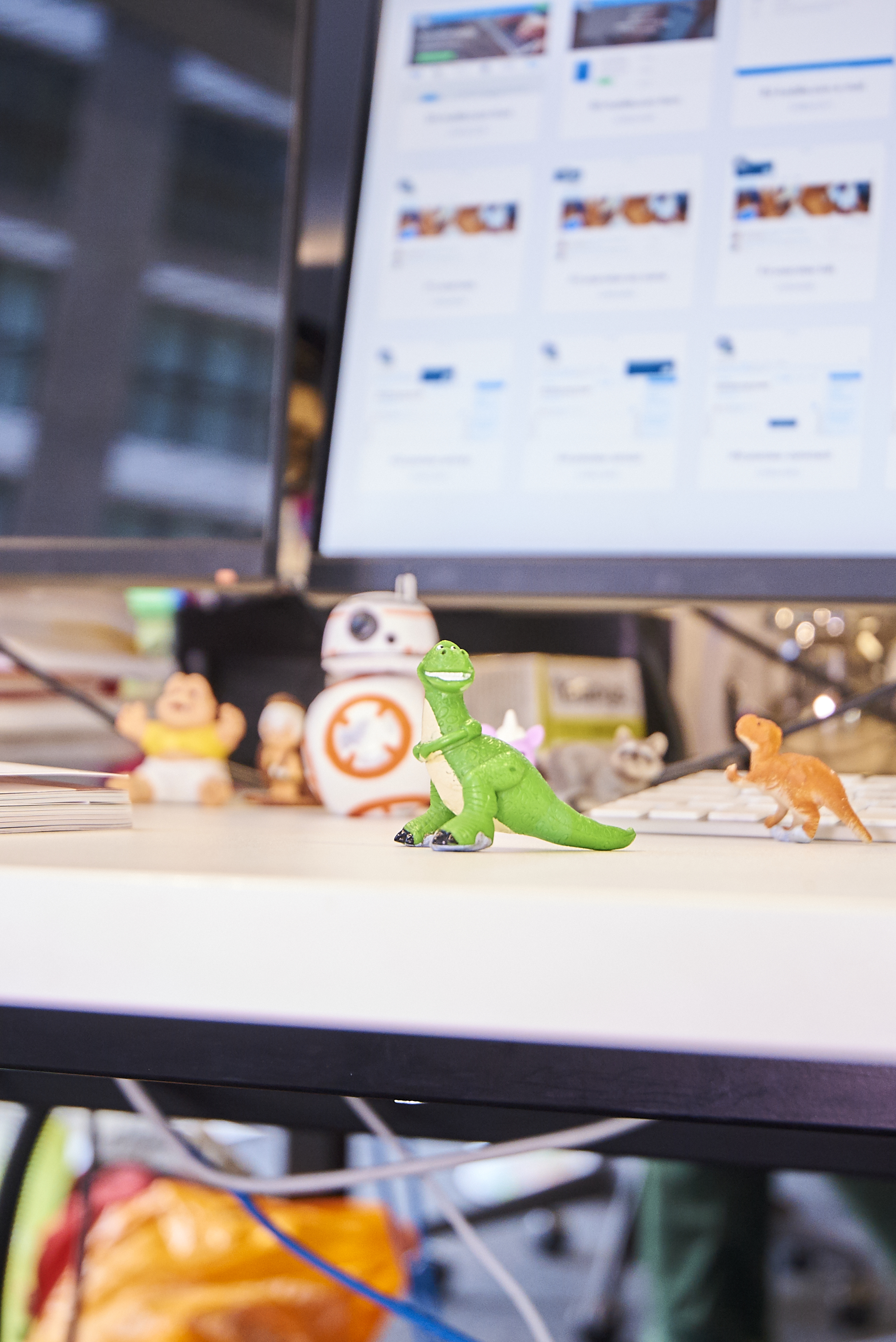The world we work in has changed furiously over the last decade. New technologies have pushed businesses into tackling communication and collaboration as distinct and important problems. Today the challenge for businesses is managing all of the different tools they maintain, across a large variety of very new devices.
Huddle Co-Founder, Alastair Mitchell, saw that these changes were going to happen nine years ago. He had a vision that the way we work would change. Managing and sharing content online made sense for personal files like photos, but he thought, “If I can do this at home, why can’t I do this when I go to work?” And that’s where the idea of Huddle was born.
Today, Huddle is a secure, collaborative, cloud based platform with a strong focus on the knowledge worker space. Founded by Alastair Mitchell and Andy McLoughlin in 2006 and built with the purpose of providing people with more accessible tools in the workplace, it makes it easier to manage content and collaborate with their colleagues and customers. Sectors which rely on security and reliability such as the Government, professional services and corporations like NASA reside happily with Huddle.
Huddle’s product has bridged the gap in communication and content management in enterprise business by creating a product which people actually enjoy using. So, we visited their UX design team; Bauke van Gameren, Alex Rose, Rosana Castano and Mayuri Patel at their headquarters in London. Between them they execute on a broad spectrum of UX disciplines and draw on each other, utilising all of their qualities as best they can.
Some of the core verticals they target, such as professional services and government, are often times a little behind the curve in terms of digital transformation, leaning heavily on email and non centralised ways of working. The team spend a lot of time researching and increasing their domain knowledge around these core industries so that they can really try to work out what problems we should be solving for them.
“We’re tackling collaboration across businesses and trying to revolutionise how they work together. “Collaboration” - it’s a hot word but what does it mean? It’s different in every company, so it’s about figuring out what that means for each customer.”
“We hold regular tactical design critiques (TDCs) in the team, where we demonstrate and talk through how we’re moving through our design concepts,” Alex tells us. “In these sessions we critically analyse them. It’s the most difficult part of our role but also the most fun and the best way of learning whilst also challenging one another.”
The team also hold UX forms on a monthly basis. Where the whole company comes together to provide valuable feedback and find out about what problems we're working on and why they're important.
“It's crucial to have the whole company involved in our design process, as it allows us to have a shared understanding. At Huddle, UX is a team sport.”
Marvel prototypes make appearances at Huddle’s UX Forums all the time, playing a crucial role in how they communicate progress with everyone across the business. “Being able to demo prototypes with Marvel is powerful way to communicate the design intent and gauge response and feedback from attendees around how it works and feels,” Alex explains.
“The team trialled a lot of different tools but fell in love with Marvel’s simplicity and intuitive design.”
Huddle discovered Marvel at the time when there was a lot of noise in the prototyping space. The team trialled a lot of different tools but fell in love with Marvel’s simplicity and intuitive design. Mayuri explains that, “One of the biggest things that stand out to me, is Marvel’s personal touch. The speed at which Murat and the team respond to us if we have a question has made a huge difference.”
“I also wanted to support a company that was British and local and that responded and care about people. That’s what stands out.”
Marvel is also used across the tech side of the company, by the Product Managers when they are presenting and by Quality Assurance when they’re creating test plans and referencing for the dev team. Huddle have also created an opportunity for their commercial teams to start using Marvel in their company Hackathons. These Hackathons invite employees across the business to pitch new feature ideas to the rest of the company. The developers are always at an advantage because they can code their ideas but now the commercial side of the business can take part by creating realistic prototypes in Marvel.
You can really feel the connection this team has which stems from their collaborative efforts and passion to design a product that users love. They thrive on the challenges which come with working on an enterprise product, where the team really have to research and understand the industries their customers come from. For inspiration they find it imperative to stay connected to the UX community, by reading blogs and going to meetups, but mostly by spending time with their users. Identifying problems or testing with them and walking away seeing the huge smiles on their faces because they’ve solved a problem and know that they’ve made a difference.









